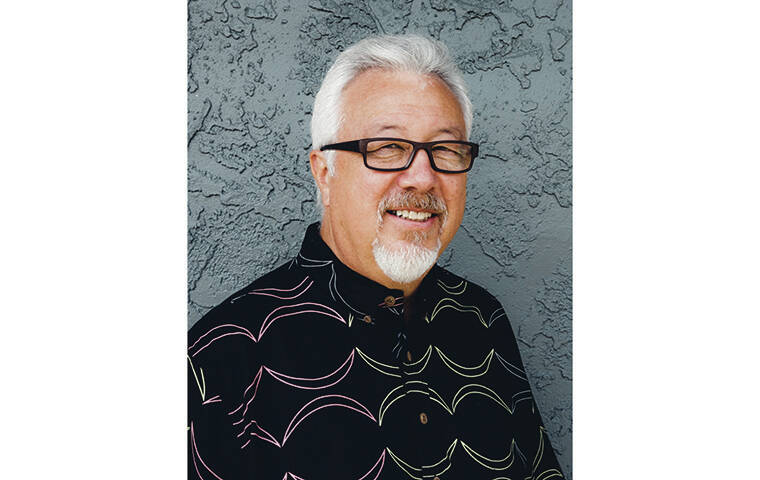When Gov. David Ige signed a 2018 law to be carbon-neutral by 2045, Hawaii became the first state in the nation to align with the Paris agreement to combat climate change. Since then, Hawaii has been making steady progress to shift away from fossil fuel dependence and reduce its carbon emissions.
Continuing that momentum to remain a sustainability leader is not easy. As a state, we’ve been able to pick many of the proverbial low-hanging fruit and have experienced success in generating more of our electricity from renewable sources and electrifying ground transportation. We’ve now reached a new plateau and need another breakthrough, particularly with air transportation, where clean alternatives have not evolved as quickly as ground transportation.
All-electric seagliders hold great promise for our state. They help reduce greenhouse gases for interisland and intra-island flights. This new mode of transportation is also a catalyst for transformational change, accelerating robust exploration of renewable sources of energy for electrical power generation in Hawaii.
Seagliders are a new, game-changing mode of travel. They address transportation equity, making interisland air transportation more accessible, affordable and convenient for underserved communities, without the hassle of long TSA lines.
The possibilities are endless. Imagine using seagliders for emergency preparedness or transporting patients between the islands. They may also become the vehicle of choice to sell and distribute products between the islands and potentially lower the cost of goods. With intraisland seaglider routes from one community to another, we can also avoid highway traffic congestion.
Electric vehicles for ground transportation offer an insightful case study. We see how demand is quickly outpacing infrastructure. According to the state Department of Business, Economic Development and Tourism, out of more than a million registered passenger vehicles in Hawaii, as of May 2022, there were 19,642 electric and 24,551 hybrid vehicles.
On Oahu alone, the number of electric vehicles is projected to increase to 430,000 vehicles by 2045. Yet, there is an insufficient number of public charging stations. It is projected Hawaii will need 3,651 public charging stations by 2030 to meet demand. That is why it is critical to begin the seaglider infrastructure planning process now.
Mokulele Airlines committed to be the first commercial seaglider operator in the state with the entry of the 12-passenger Viceroy. However, we know there is much more work that needs to take place before the seagliders can literally and figuratively take off in Hawaii. Pacific Current is prepared to invest in the development of an entire energy ecosystem for seagliders that is compatible with Hawaii’s values and priorities.
We’ve been listening to the community for a year, and have been told the Hawaii Superferry is a cautionary tale, providing a wealth of lessons learned. We have humbly taken that advice to heart. We are taking all of the necessary steps to ensure the community is receptive to seagliders.
A comprehensive feasibility study now underway is turning over every stone to broaden and deepen our sensitivity and understanding of our community’s cultural, environmental and business concerns. We will take a serious look at the impact on whales, other marine life, and birds. The study will also explore Hawaii’s unique ocean currents and wind patterns to ensure the safety of seagliders and to look into potential routes. The data we collect will eventually be incorporated into any required environmental assessment or impact statement and shared with the community.
Hawaii is treading on exciting, new energy territory. With our eyes fixed on a better, more resilient future for our children, and with everyone’s kokua, we are prepared to work through the challenges to move our islands forward.
———
Co-contributors to this commentary: Billy Thalheimer, co-founder/CEO of REGENT; Scott Valentino, president of Pacific Current; and Stan Little, CEO of Southern Airways, Mokulele Airlines’ parent company.
David Uchiyama is principal of Hawaii Think Tank and a representative of REGENT in Hawai‘i.

